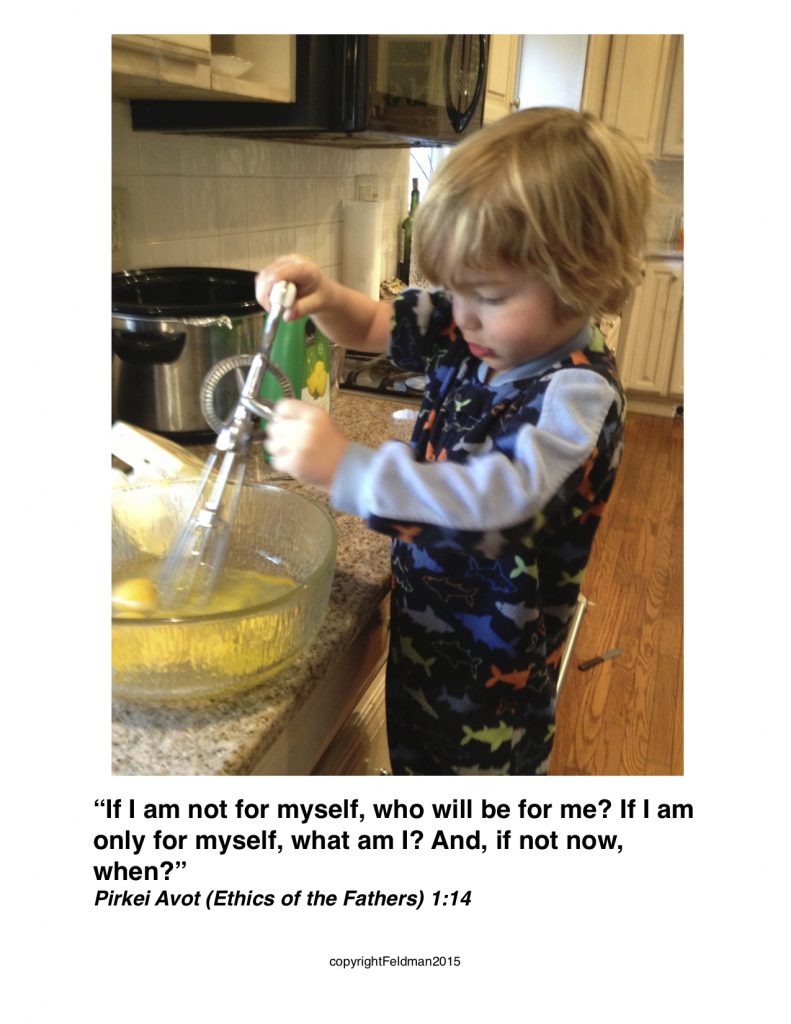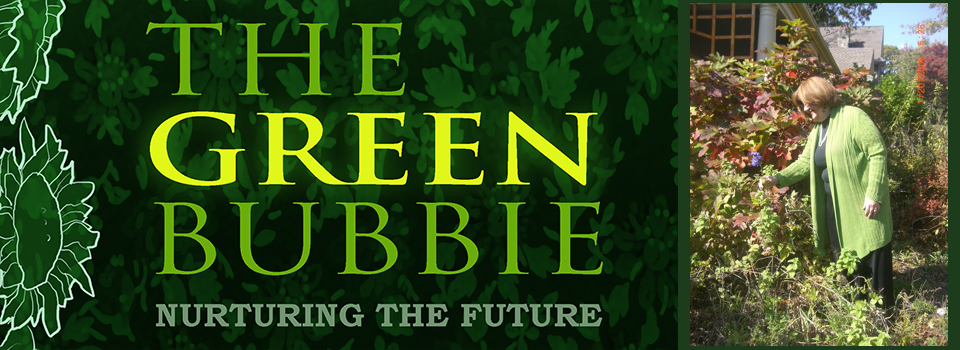
הוּא הָיָה אוֹמֵר, אִם אֵין אֲנִי לִי, מִי לִי. וּכְשֶׁאֲנִי לְעַצְמִי, מָה אֲנִי. וְאִם לֹא עַכְשָׁיו, אֵימָתָי
פרק א משנה יד
WELCOME! I'd like invite you to learn with me the timeless teachings from the Jewish text, Pirkei Avos- particularly as I now see them now, from my 70-year-old perspective. Maybe you too are a grandparent, parent, or even a Green Bubbie* and also want to explore how to support the spiritual and ethical development of the next generation.
I doubt that at the time of the Mishna, when Hillel uttered the above teaching, there were any egg beaters like the one in the photograph above. However, the Mishna (teaching) begins, "Hillel says, 'If I am not for myself...." In other words, Hillel didn't just say it once or say it just for the times in which he lived. To learn this Mishna, in Pirkei Avos, is to learn that the teachings are timeless. It is as though the words of Hillel speak directly to us, even in our day. As these words become a part of us, we too, can say them, and apply them - like a special lens we can use to see what is going on around us. Indeed, it is by recognizing real experiences as expressions of the meaning of this teaching, that we literally 'apply' the teaching, which is how we transmit it. By uttering the words, in the name of Hillel, or by saying, "Pirkei Avos says..." we align ourselves with the strength of timeless wisdom, and situate ourselves in the Jewish tradition of received wisdom from the time that "Moses received the Torah from Sinai" (Pirkei Avos 1:1)
I've spent my life involved in the education of young children. Children as young as two want to do things 'by themselves.' Autonomy is a goal and a process. Recognizing young children's attempts to meet physical challenges, achieve personal self-help skills (like getting dressed) or participate in 'grown up' activities (like cooking) all contribute to children's growing self awareness. As adults, when we witness young children asserting themselves, meeting challenges- even beating eggs! we can validate them, show our pride in them. The words of the Mishna can be applied to children- they are words to live by, not only to be read in a house of study- We can make those words come alive in our own house. Children want to do things by themselves (If I am not for myself!) we need to give them those opportunities. Young children are trying each day to become themselves, to become competent young people; we need to recognize those moments and encourage them - If not now, when?
"The premise of this blog is twofold. First, children are never too young to be engaged in the learning of ethics and values, and second, adults are never too old to be the best examples of conveying ethics and values. So, as Hillel says, "If not now, when?"
Let the words of the Mishna penetrate your heart, and become your eyes, and live through them. When you see examples of the meaning of the mishna, speak it out! Your children and grandchildren and all your 'sprouts' will be validated, and will become participants in a holy conversation that has been going on across continents, and throughout the generations.
